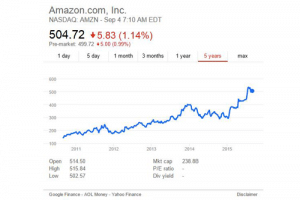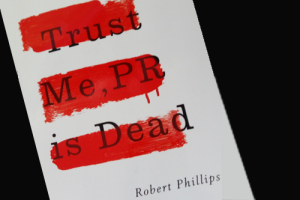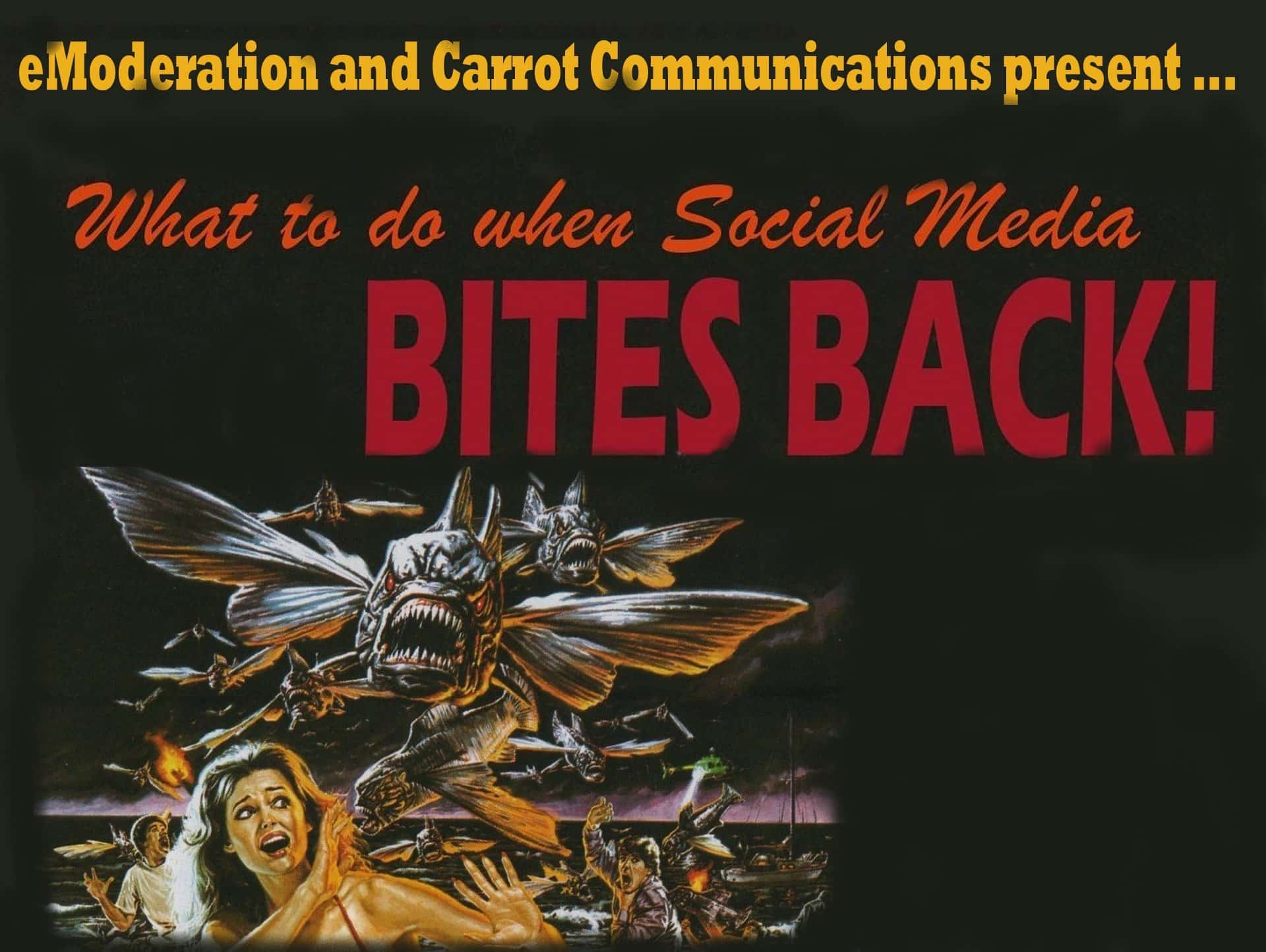When does a bad reputation just not matter very much?
Amazon is no stranger to controversy over its working practices. A few years ago, it was various global media outlets raking the online retailer over the coals for the working conditions faced by warehouse employees. Last month, it was Amazon’s office workers that took the spotlight when the New York Times published an article lamenting the fates of its white-collar workforce.
Christmas 2013 saw campaigners issuing a rallying cry for an Amazon boycott over the way it handled tax in the UK, while the holiday period of 2014 saw the same campaigners urge a boycott over Amazon’s low paid workers. The group claimed that its 2014 campaign took away £5m of potential business from the web giant. But that potential loss was dwarfed by the £5.3bn in sales that Amazon UK took in 2014.
Back in February 2015, a minor social media storm kicked off when Giles Coren discovered that the Amazon Prime 30 day free trial he signed up for in 2012 automatically signed him up for Prime at the end of it – charging him £79 a year, which he’d only just discovered. This news resulted in a tide of tweets from other customers who felt they’d been “conned” the same way.
What damage have these issues done?
The NYT article was published on 15th August, but didn’t appear to have much of an impact on Amazon’s stock, which only took a tumble after the China crash, which hit many major US tech companies.
In fact, if you look at the company’s share price over the course of five years, it keeps climbing and is now stronger than ever, despite the reputational blows delivered by various unflattering articles and boycott campaigns.
Why people don’t boycott Amazon
The impact of brand loyalty
Amazon does a great job of trying to weave itself into new areas of its customer’s lives. You start off buying the odd book from Amazon, eventually graduating to Prime Membership so you get the delivery perks. Suddenly, you’re having new services thrown at you – it starts with movie streaming, exclusive TV shows, music voucher codes and free kindle books, and soon you see that Amazon also does groceries and pet supplies, and oooh! there’s a nifty new thing called Amazon Underground that gives customers free apps.
Amazon also owns sites like Audible, Goodreads and IMDb, as well as hosting many business services on its AWS cloud platform (an interesting fact when you consider that the Guardian published an article supporting the boycott, when it uses AWS itself).
The power of habit
For some people, especially Prime members, Amazon is deeply engrained into their lives. It’s not necessarily about money either, but convenience. Long-time customers have developed daily and weekly routines where they don’t need to run out and buy the latest book, game or movie, they can just click a button and get it delivered through their letter box in the morning (or downloaded to their PC in minutes). It’s now rolling out Dash Buttons in the US, which you can set up to instantly order a specific item when you press it.
People have to want to change a habit for a reason that resonates with them. They may be outraged by a news story, and give themselves a kind of “dry January” month off from Amazon, but suddenly they’ve forgotten aunt Paula’s birthday and it’s Amazon to the rescue.
“What would you even boycott? How can you clean yourself from Amazon unless you take yourself off the grid entirely?”
Sucharita Mulpuru-Kodali, analyst, Forrester Research
Reputation isn’t black and white
The truth is, reputation isn’t a fixed asset, and many crises aren’t clear cut. It depends on your perspective. In the wake of the most recent crisis, some Amazon employees leapt to the brand’s defence, offering a different perspective to those mentioned in the New York Times.
If you buy one book a year from Amazon, you’ll have much less invested in it than a Prime Member who visits the site multiple times a week. Crises are always filtered through the personal experience we have with the brand. While Amazon certainly has areas it needs to improve on, it would take something pretty major for many of its customers to boycott it.







